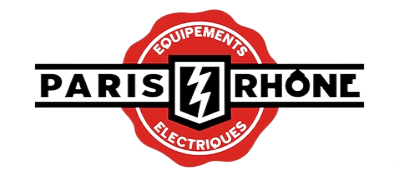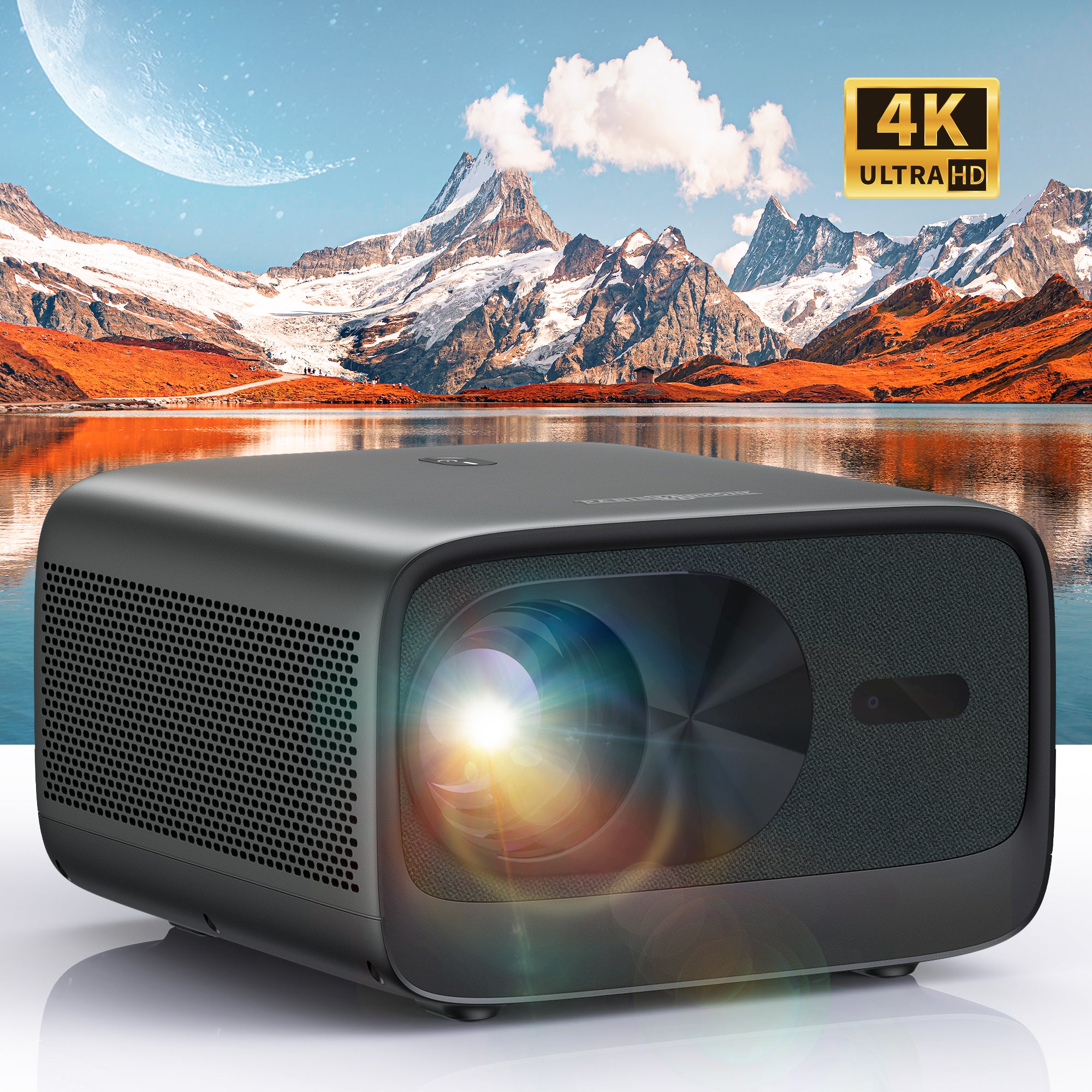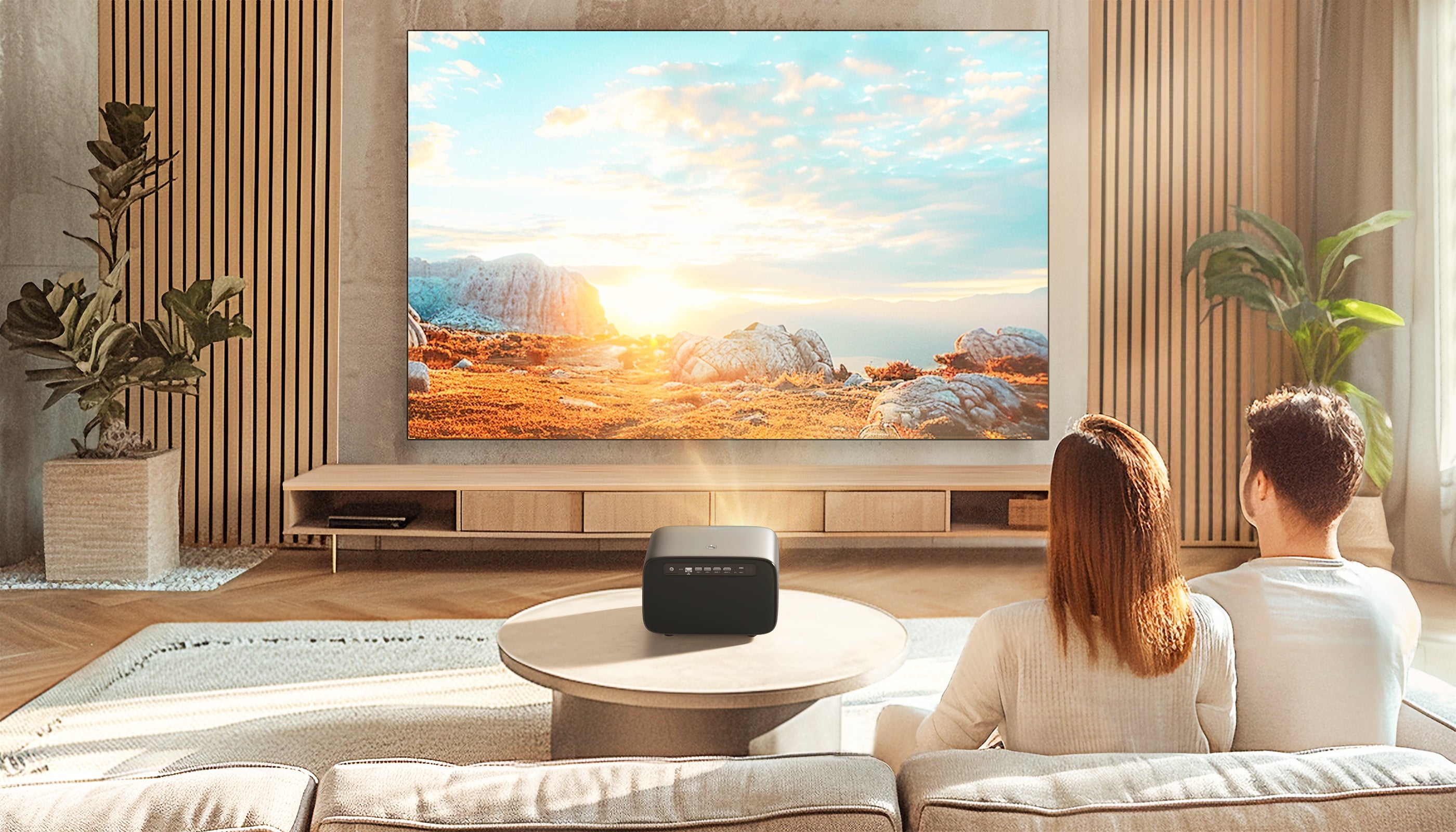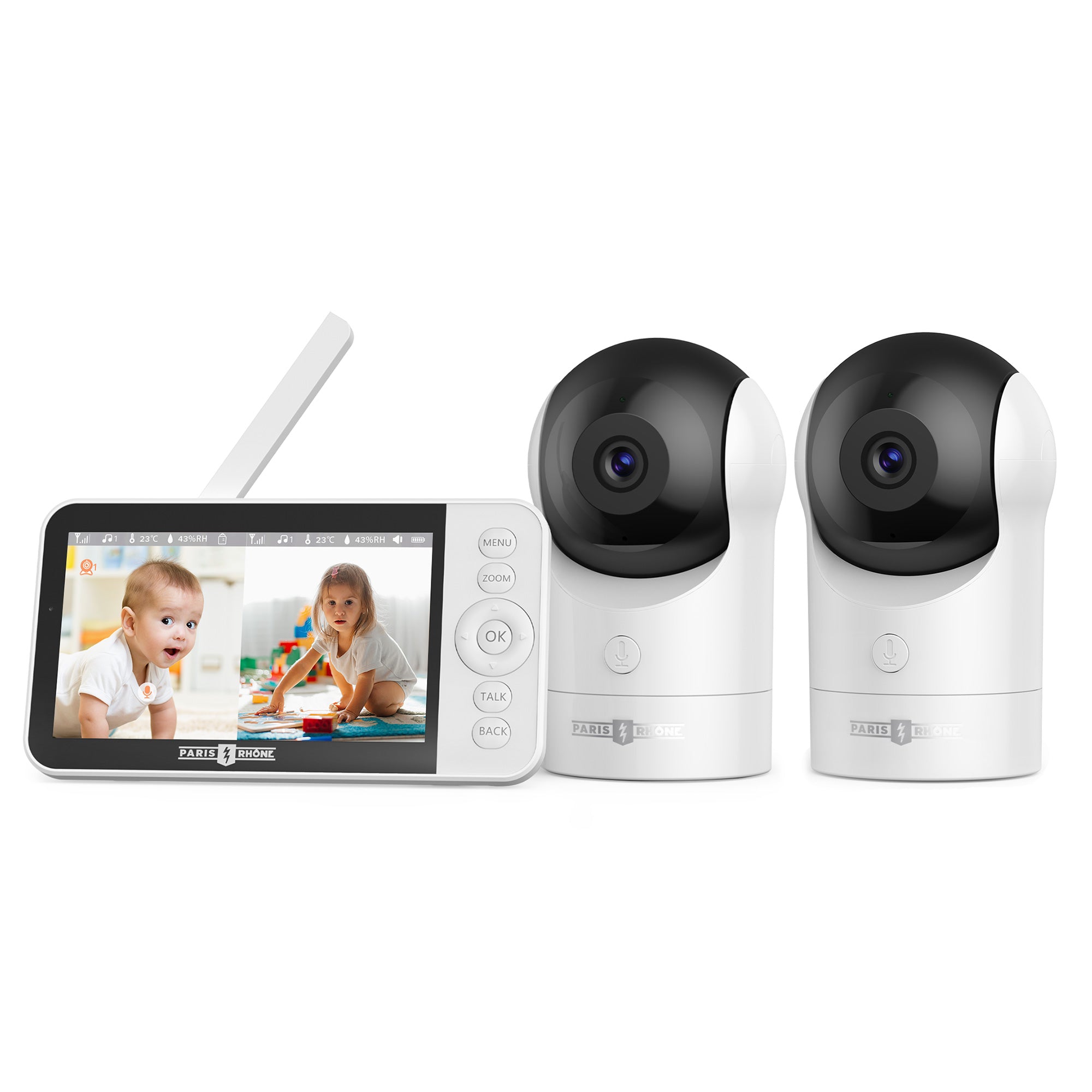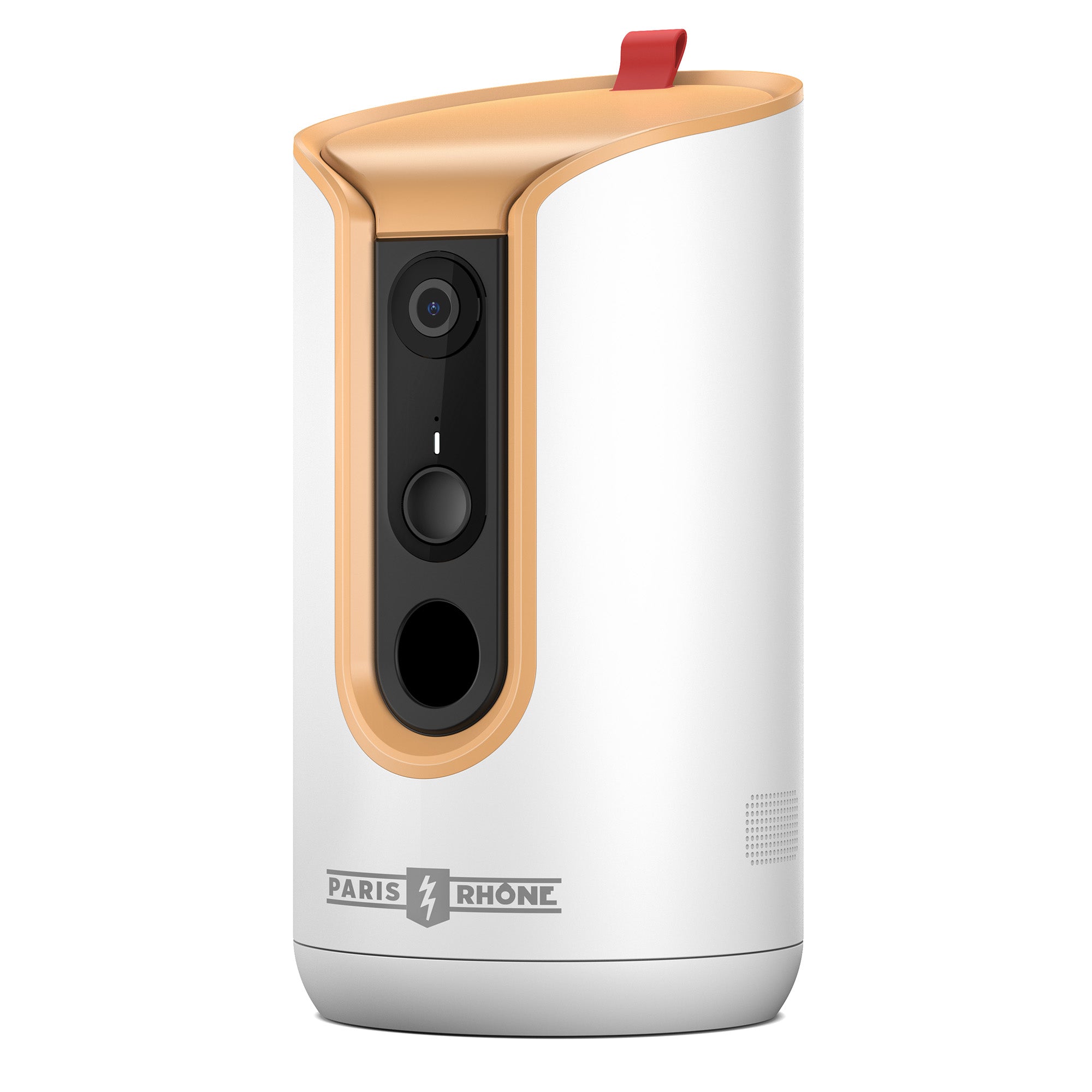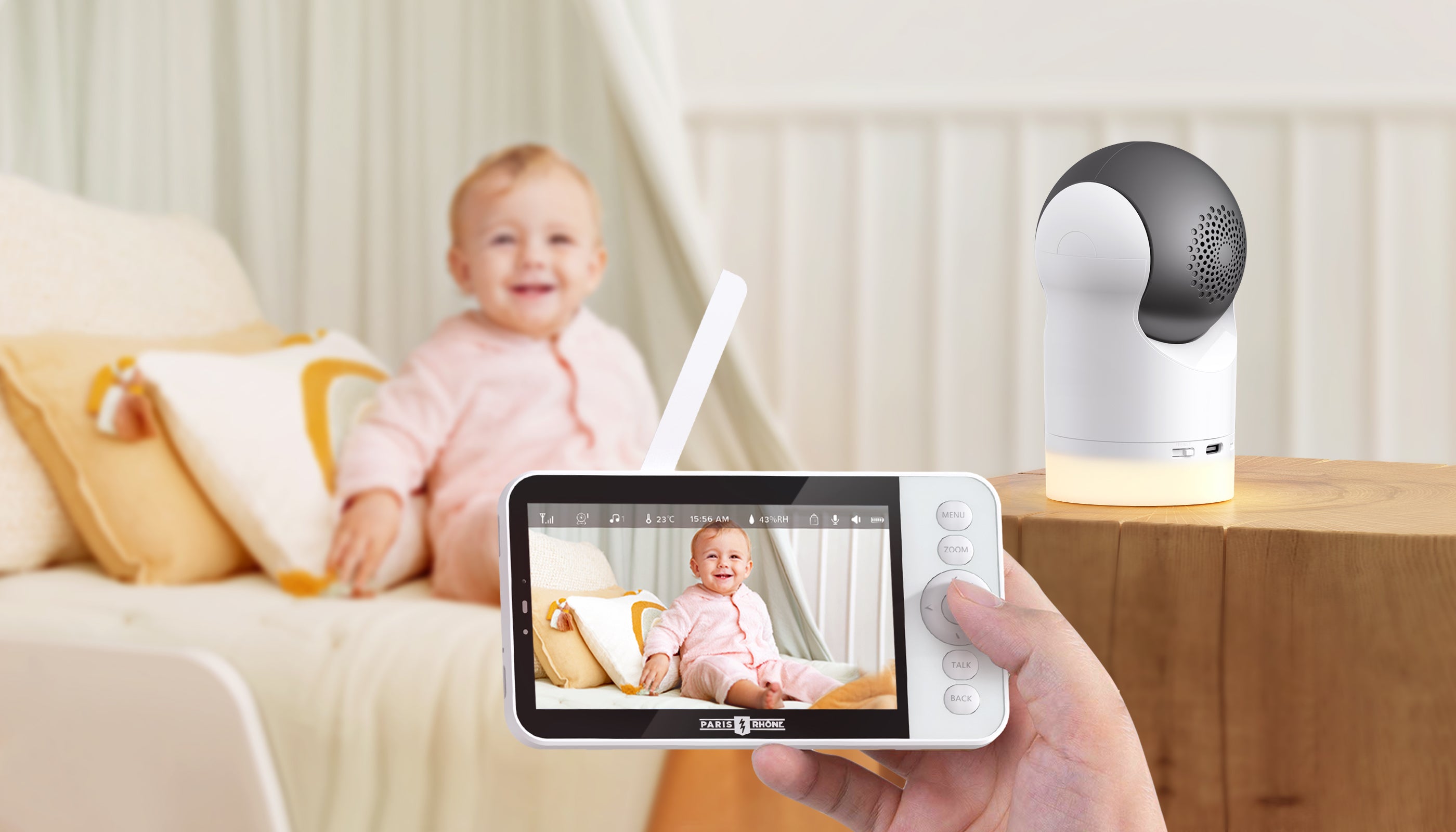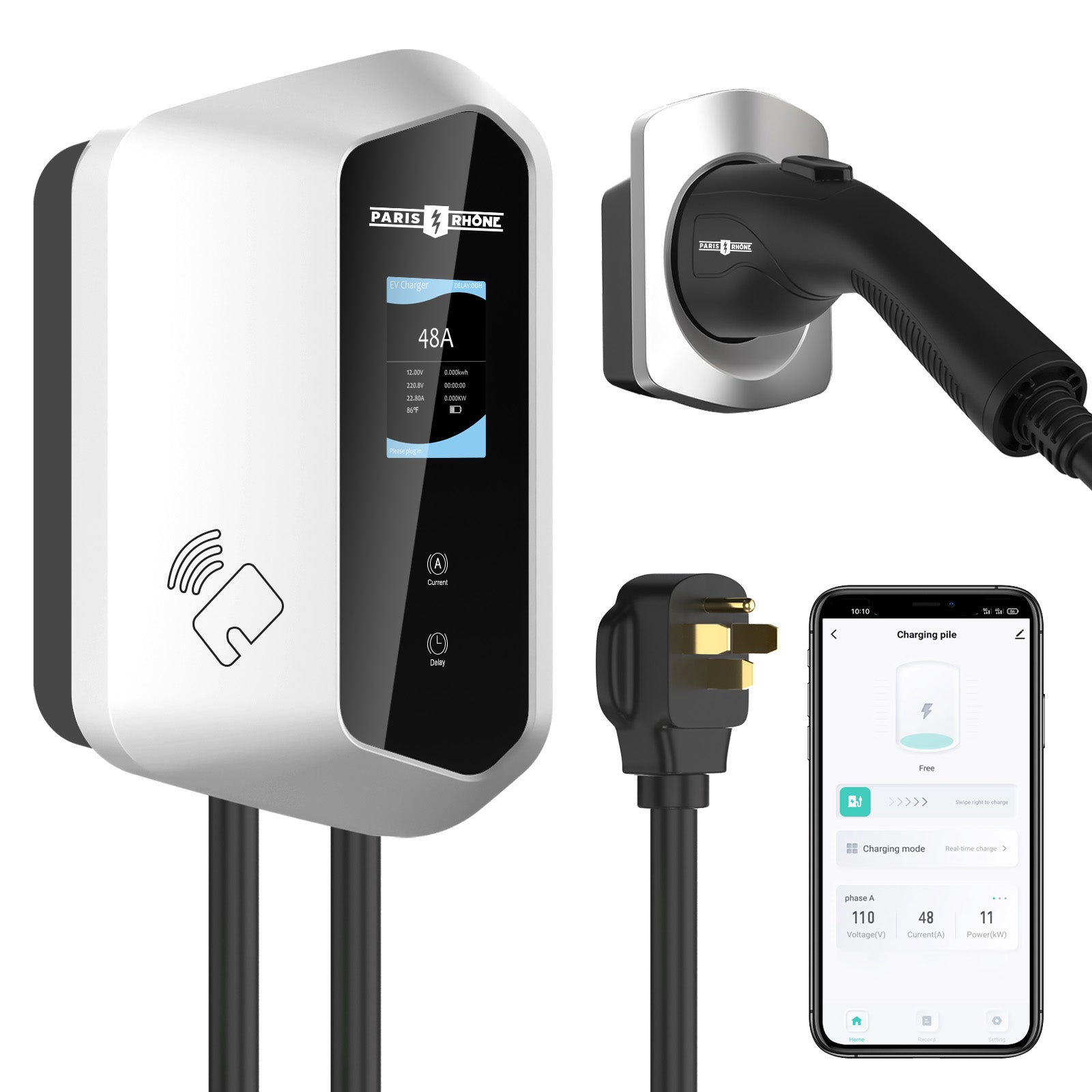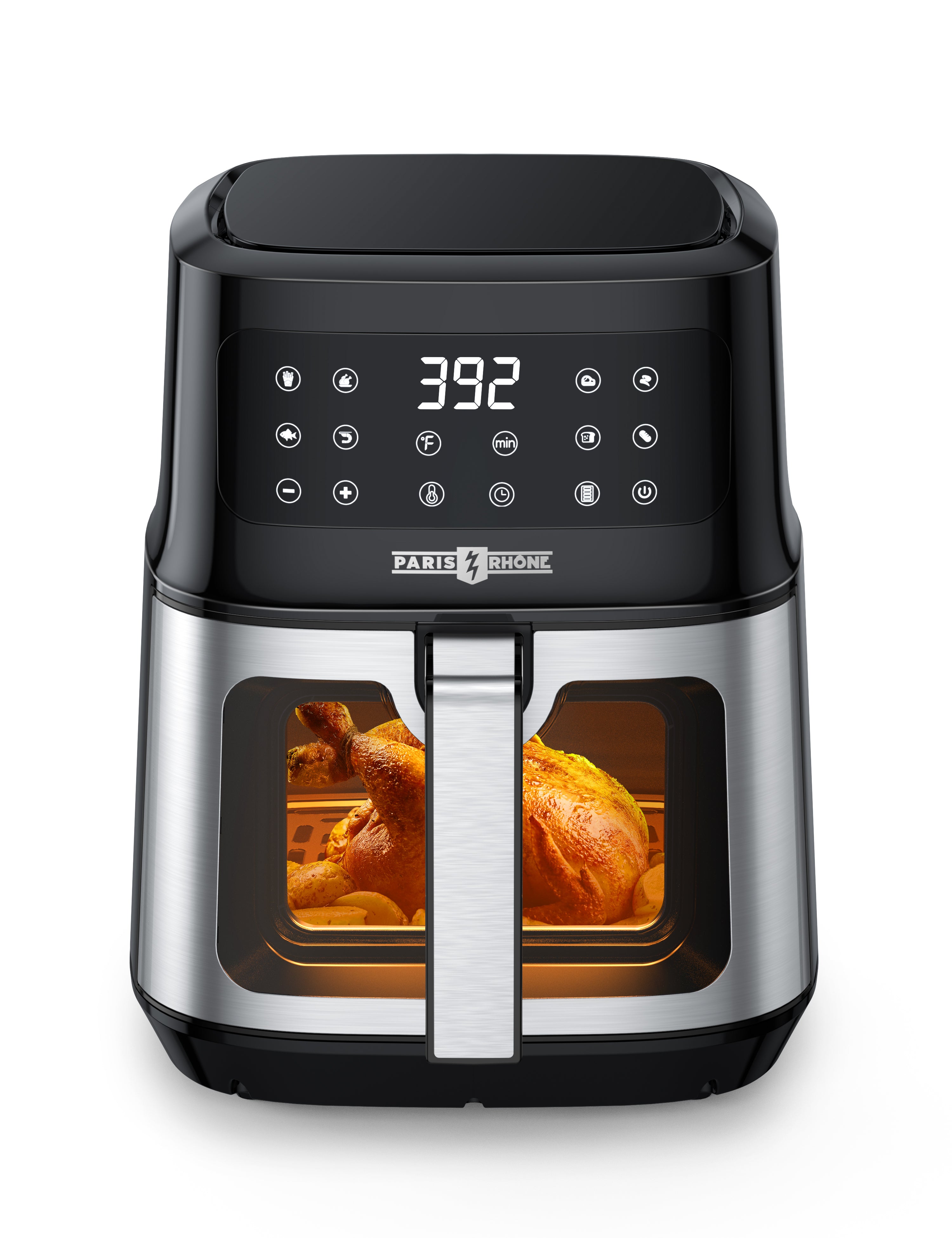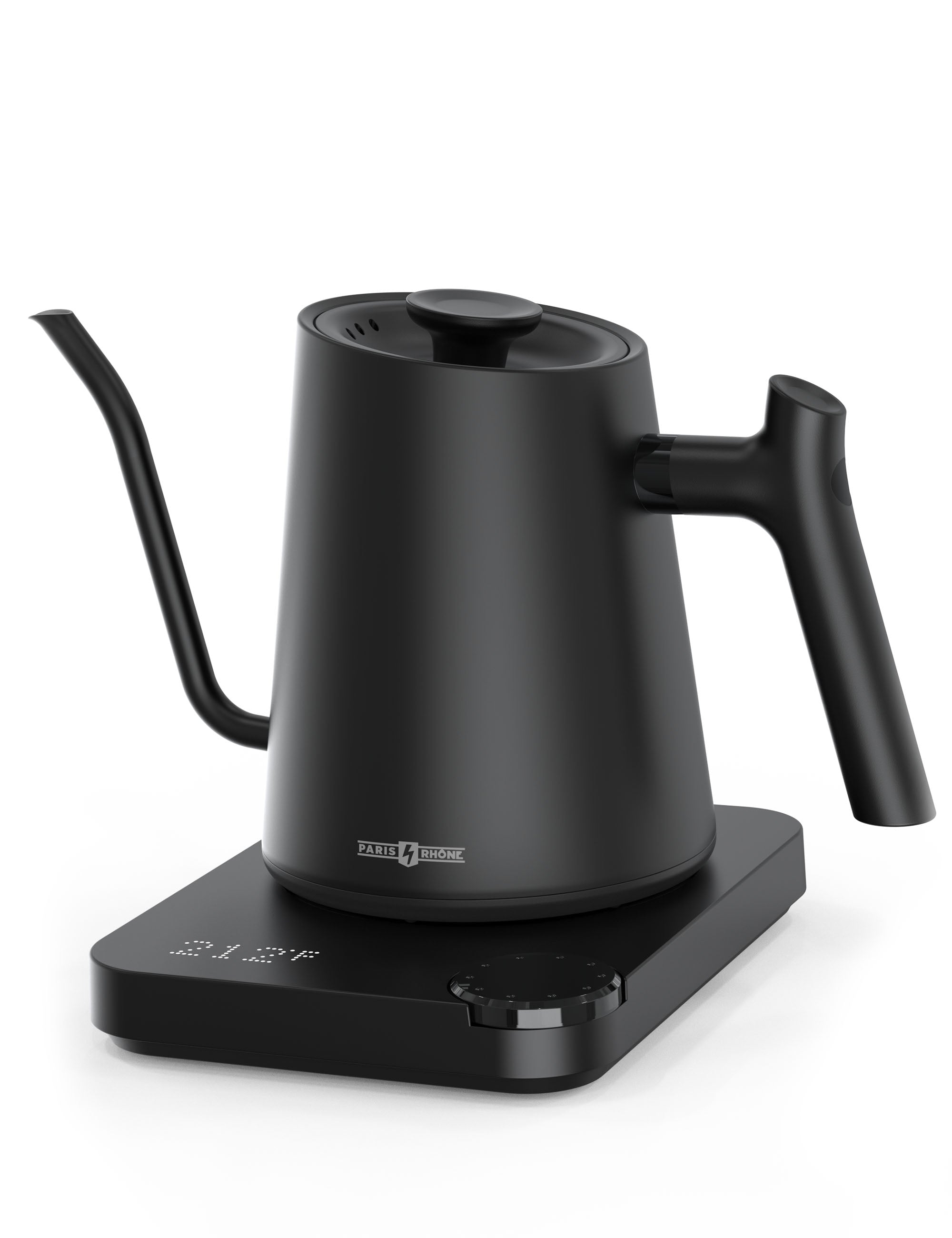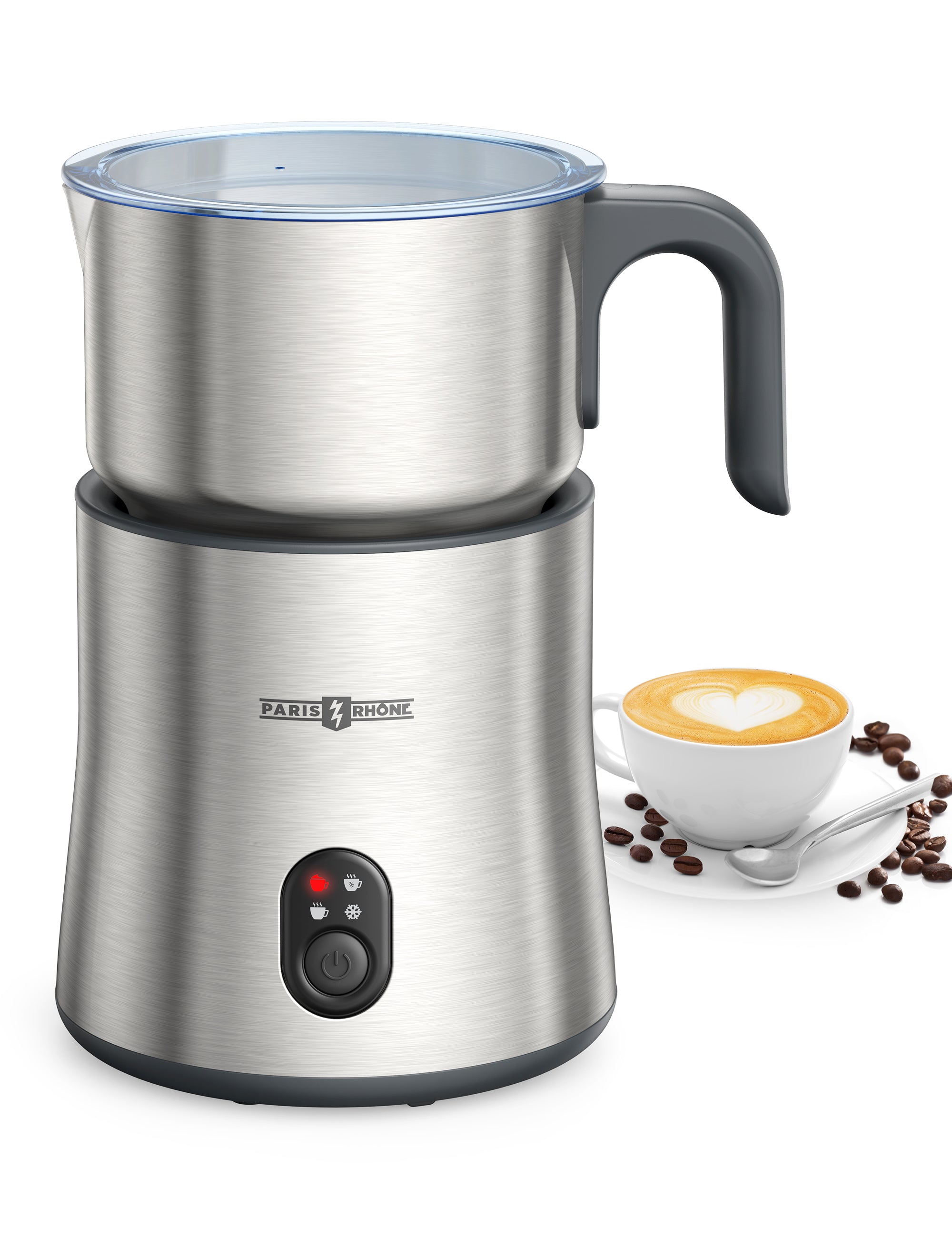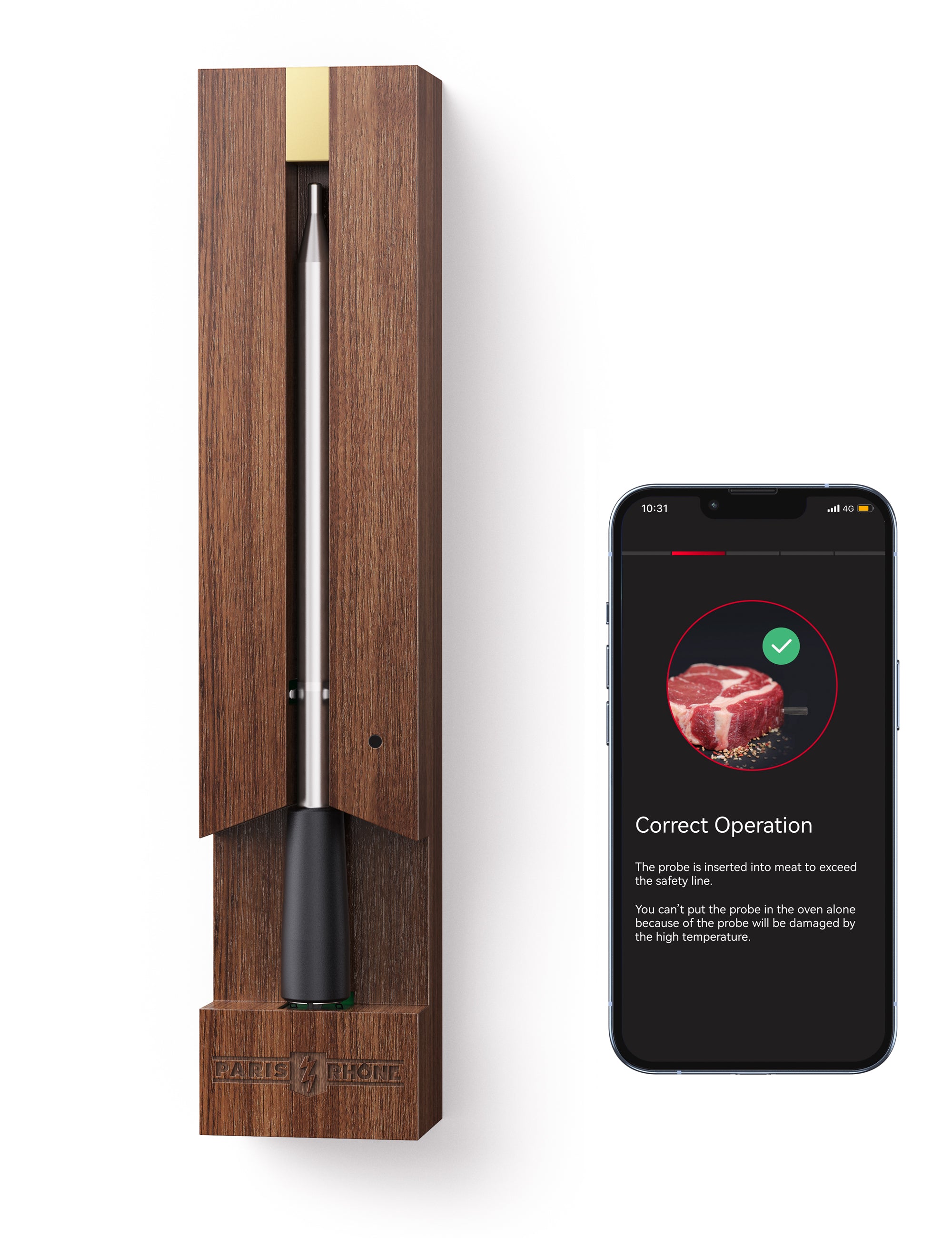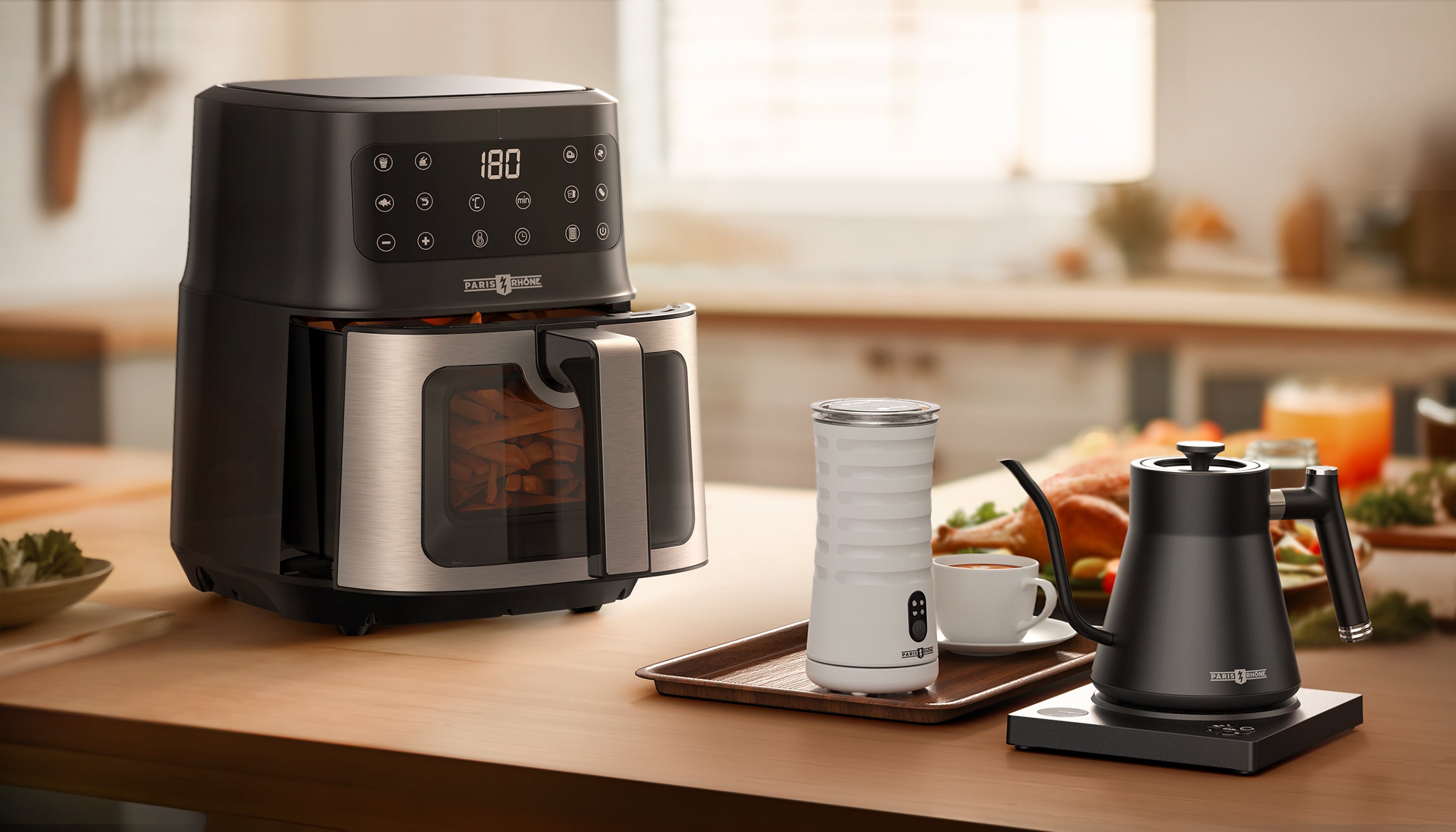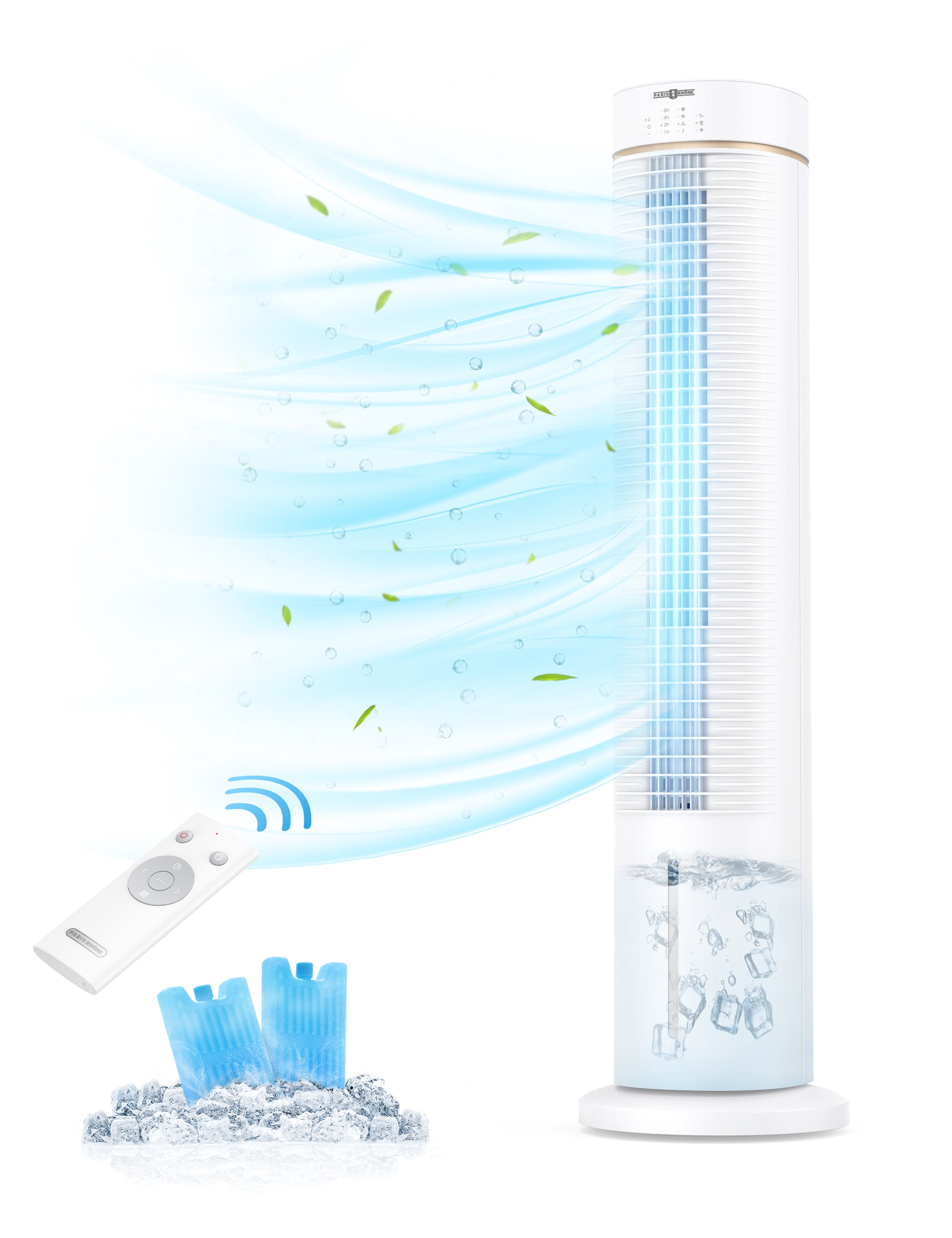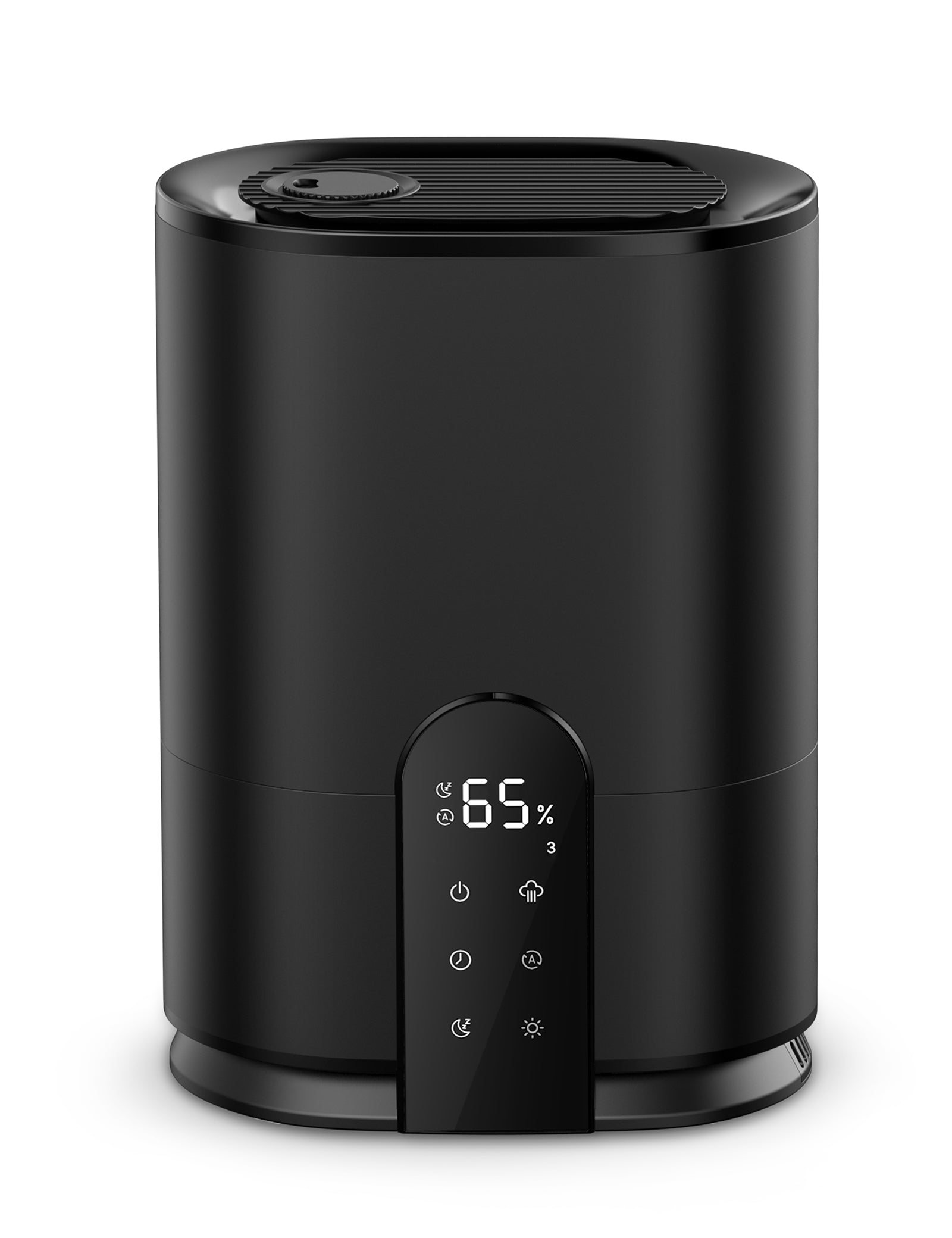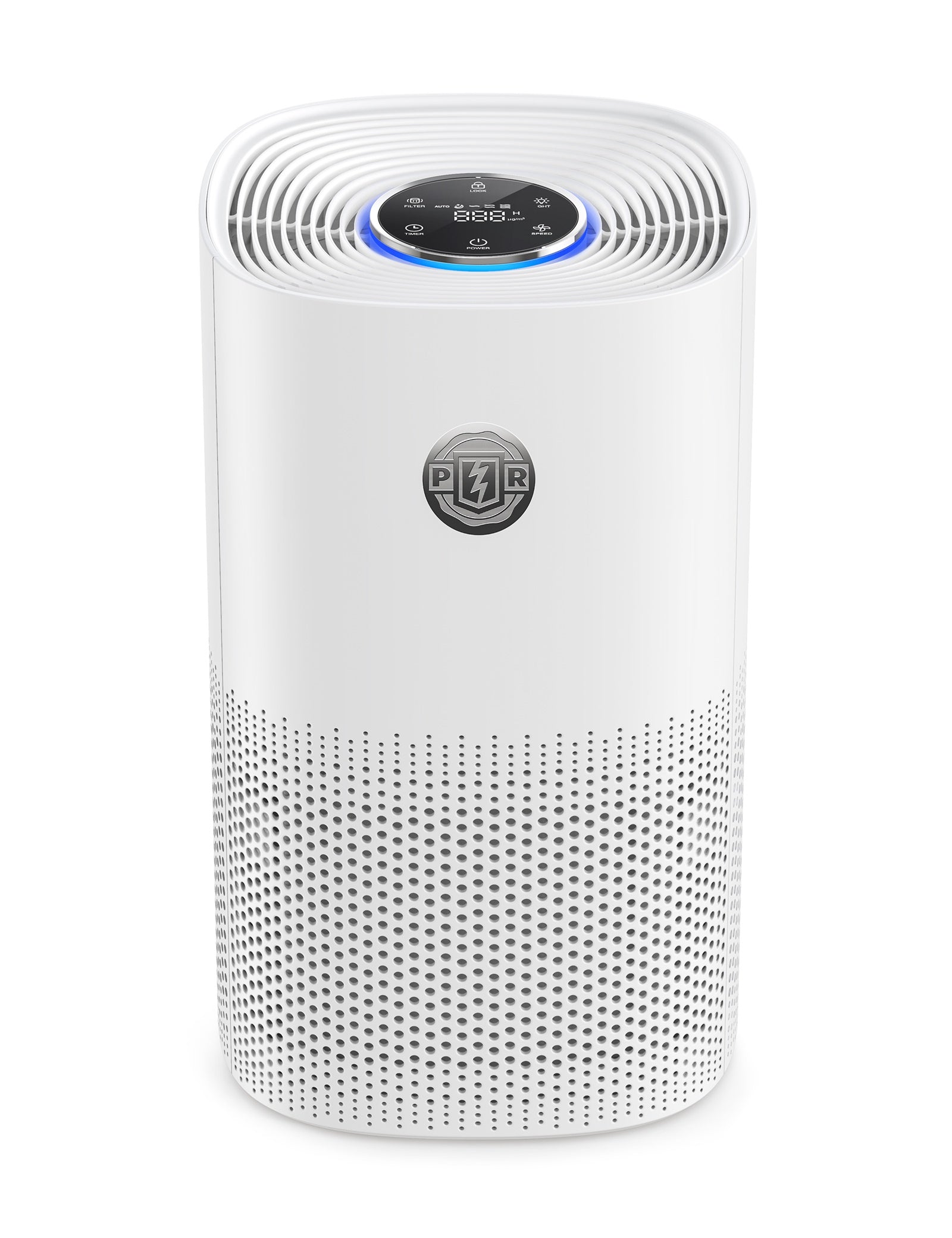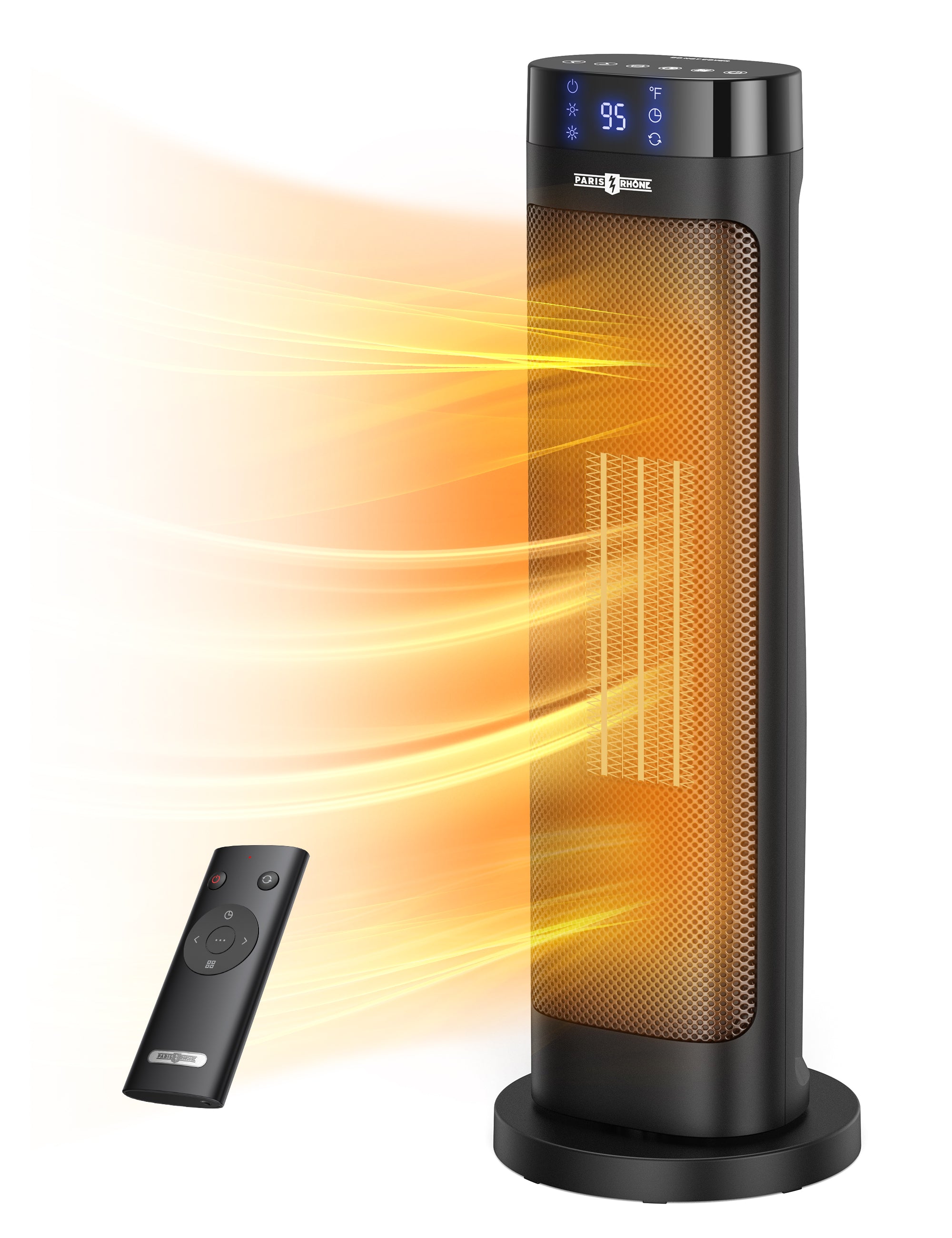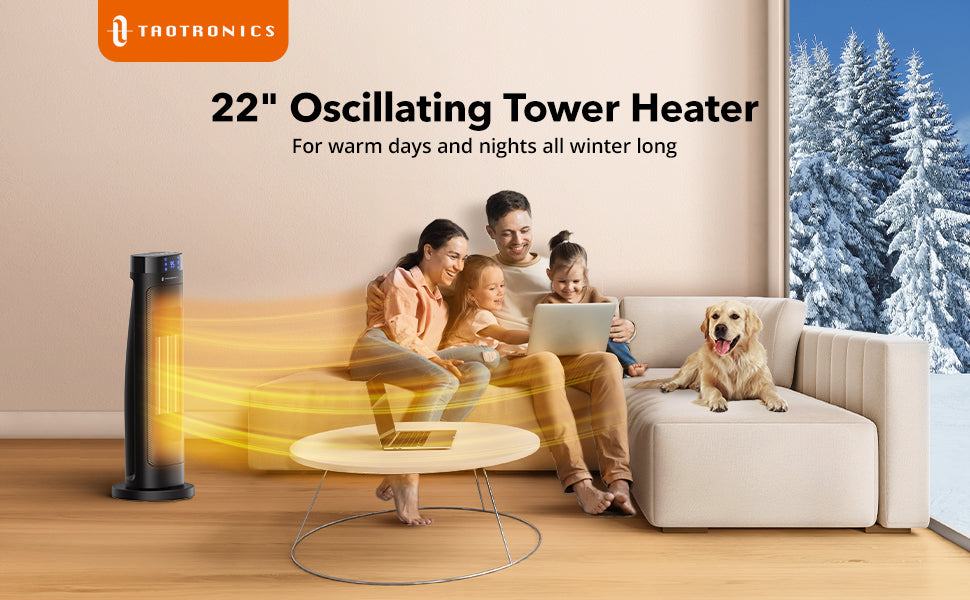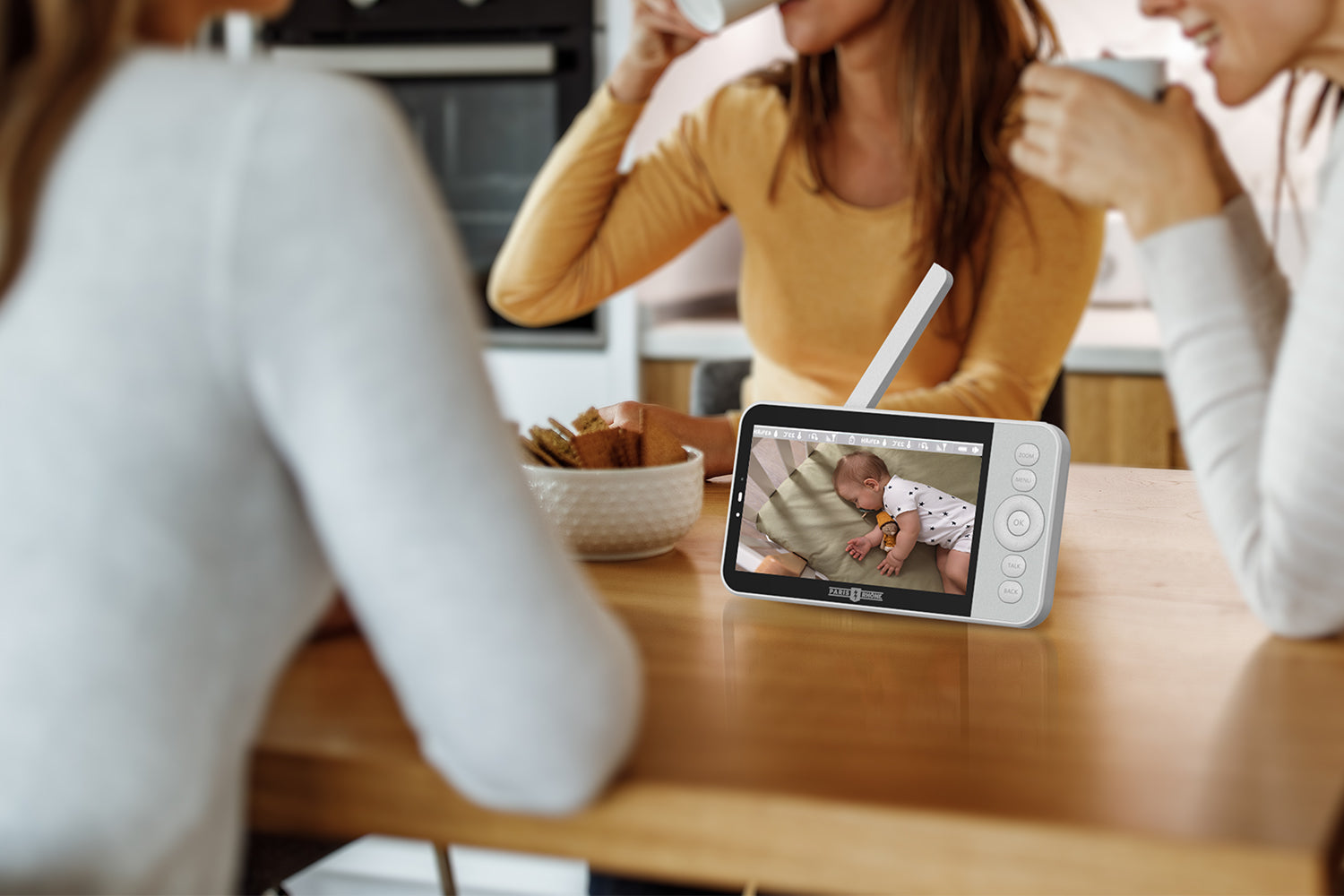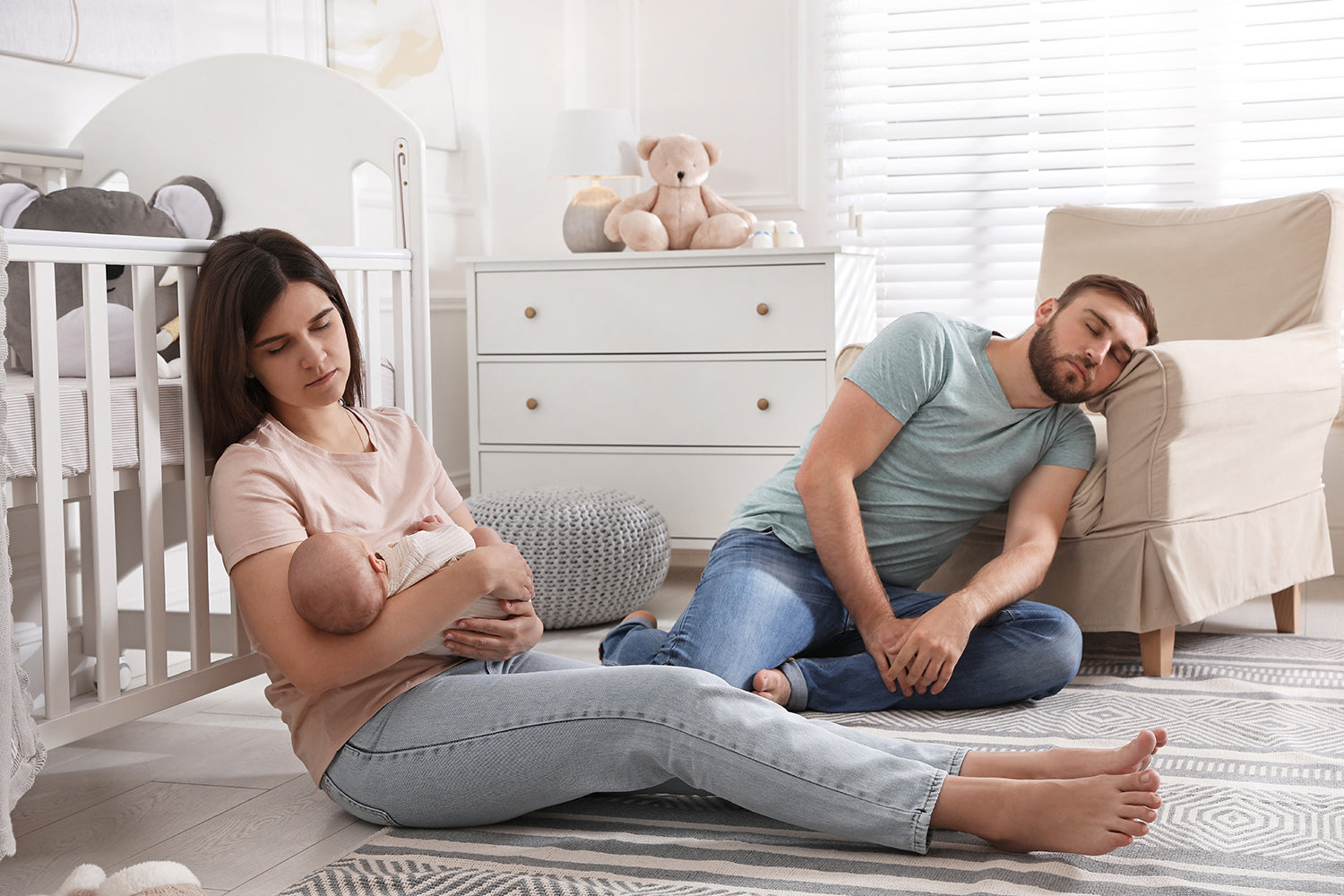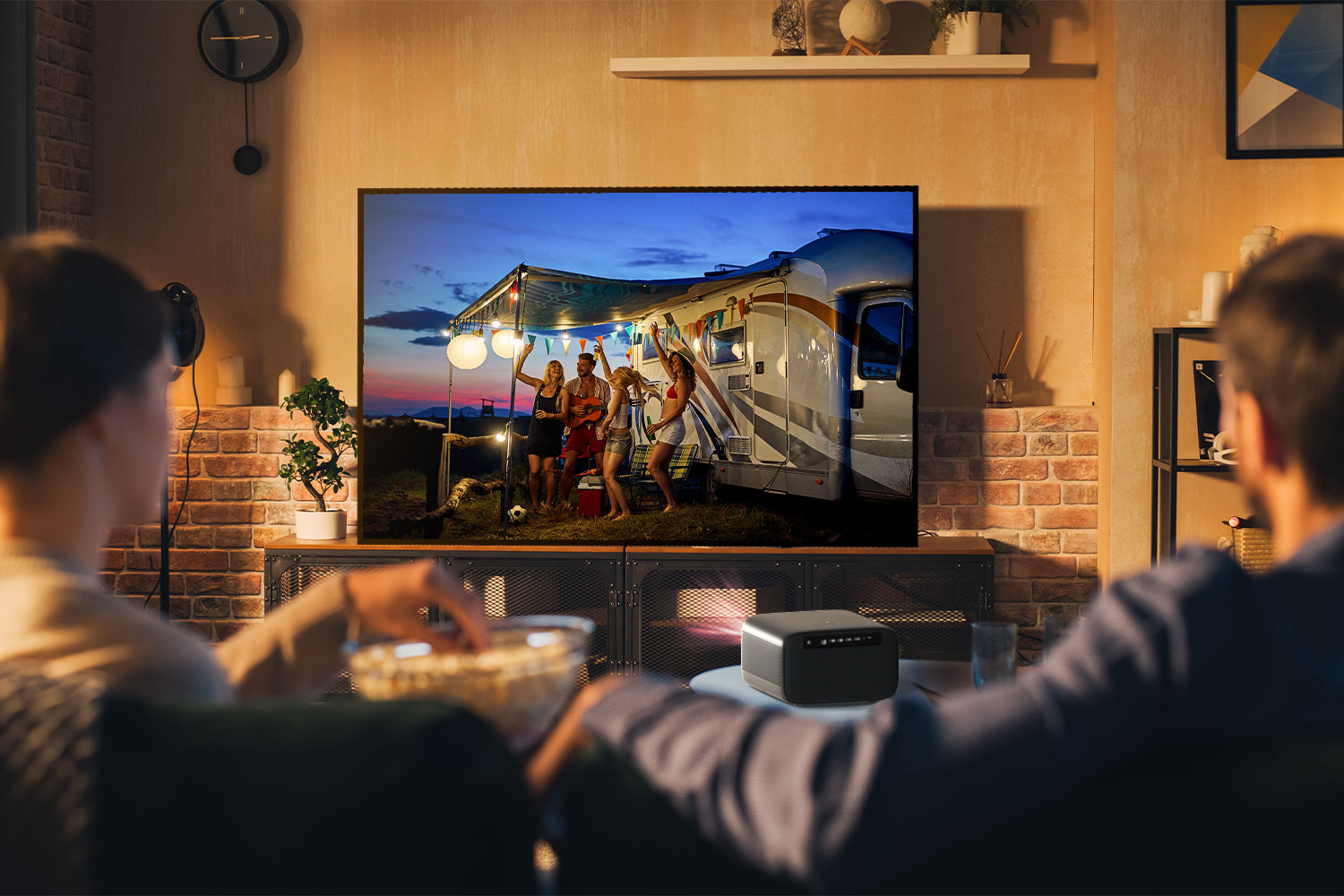When a new baby is born, the parents find their world turned upside down. They have no personal space, the baby and its activities filling every corner of their lives, and yet they’re isolated, unable to find time to connect with other adults.
This can be incredibly draining. Parents miss out on both the peace and quiet to relax and the social support that comes from seeing friends and family. This social isolation new parents suffer from can make it difficult not just to look after yourselves but to take care of the baby.
So how can you reduce the suffering this mental toll inflicts?
New Parents’ Isolation
When a new baby is coming, parents try to brace themselves, but nothing can prepare them for the upheaval in their lives. From the moment of birth, a tiny, fragile life is completely dependent on them. The baby needs care and attention around the clock. Time that isn’t spent feeding, soothing, or clearing up after the newborn gets filled with the tasks you can’t do while tending them, or with catching up on the sleep you’ve missed. That makes it hard to make plans or see friends, so for new parents social isolation is very real.
Human beings need contact with each other to stay healthy. Social interactions lead to support, advice, and improvements in mood. Without it, parents slide towards stress and depression.
The Sound of Crying
Infants cry a lot. It’s one of their main ways of interacting with the world, and a natural reaction to distress and discomfort.
But natural as it is, and vital as it is for communication, excessive crying can become a problem. The causes of a baby crying too much vary and can’t always be identified – research has found that, in the first four months, around 20% of babies sometimes cry for no apparent reason.
Like social isolation, the presence of constant crying can have a harmful effect on the mental health of new parents. They can be left feeling inadequate at their inability to understand or frustrated at a situation they can’t fix. This frustration turns into anxiety, poor temper, and even aggression. If they can’t get away from the crying, the situation gets even worse.
Prolonged exposure to baby cries can affect new parents’ mental health and their relationship with the child. Unable to escape the pressure of the situation, their wellbeing worsens by the day.
Coping With Isolation and Baby Care
To help you deal with all of this, here are some strategies you can employ to cope with the new parent isolation and the constant pressure of baby care:
- Carve out time for yourself, even if it’s just half an hour a day. Use that time to do something you’ll enjoy.
- Find time for others, including your partner and your friends. It might only be a quick catch up over coffee, but it’ll make a big difference to your mental health.
- Tell someone when you’re struggling and accept help when it’s offered.
- Get out into the world. Some exercise and fresh air, even just from a walk around the park, will help settle your mind and give you relief from the pressure – especially if you can sometimes do it without the baby.
- Join a support group for other parents, as these are a great way to ensure social interactions with people who understand your situation.
A lot of this relies on finding a balance between the needs of your baby and your need for self-care and personal space. But how can you leave your baby behind to get that space when every cry is a tug at your heartstrings?
Technology Helping New Parents
Baby monitors provide a simple, practical solution. By letting you keep an eye on your baby while you’re away, a monitor will let you get away from the crying and spend some time with other people, establishing the bonds you need. It’ll let you regain some independence while retaining a sense of security.
The best baby monitor for you will be one that suits your circumstances and what you need to feel secure. Models like the Paris Rhône 2K HD video baby monitor with smart app give you video and audio feeds to keep an eye on your baby, whether it’s from another room or from the garden. Features such as remote monitoring and alerts will improve your peace of mind by ensuring that you’re alerted if anything goes wrong. Its AI tracking ensures that your baby stays in sight, while two-way communication gives you a chance to sooth them when they’re unsettled without having to leap out of your seat.
Being able to keep track of your new baby can make a huge difference to your life. “The monitor goes everywhere in the house with me,” one new parent said. The wireless connection of a monitor like the Paris Rhône baby monitor frees you up to be where you need to be, doing what you need to do. The device can become a parental comfort blanket, giving you the space you need to relaxing, connect with friends, and cope with being a parent.
Perhaps you’ve found relief from the pressures of parenthood through technology? If you have, feel free to share your experiences in the comments to help and encourage others.
Breaking the Stigma of New Parents’ Isolation
Society expects new parents to take care of their children without rest or complaint, powered only by their love. But parenting brings the contradictory struggles of isolation and having no space to yourself. Technology can relieve some of the pressure, but technology can only go so far. What we really need are open conversations and more support for parents facing isolation
In the meantime, a baby monitor can improve your wellbeing as a parent while keeping your baby safe, giving you a healthier, happier start to family life.
